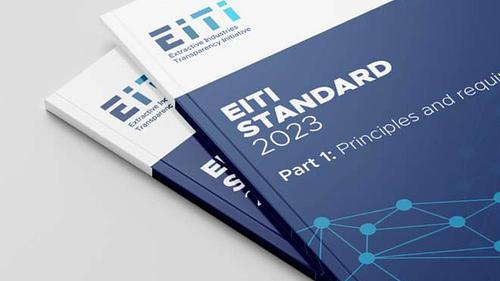
Context and learning objectives
The objective of this training is to explore the possible uses of rent-sharing models from the perspective of different actors in the extractive sector. Governments and state-owned enterprises use them to manage revenues from their natural resources. Financial institutions use them to grant loans. Civil society can use them to assess projects and inform public debate.
To introduce to the reason why a fiscal model is useful to make decisions, using first a personal situation and then a professional situation.
To learn the multiple ways in which Governments and State Enterprises need a model to make sound decisions regarding the management of resource revenues.
To understand in greater depth how banks and international financial institutions utilize fiscal models, how that affects extractives countries and how civil society institutions can utilize fiscal models in order to increase their knowledge and effectiveness.
To understand how the variability and reliability of input data used in fiscal models can affect the validity of the results.
Learning about the various decision criteria for each stakeholder type and whether these are aligned or misaligned.
Target audience
- Economists, lawyers, tax specialists, tax administrations, ministries of mines and hydrocarbons
- Other public and private professionals in Africa’s extractive industries
Modalités
Cette formation est dispensée en ligne, offrant aux apprenant·es une flexibilité totale grâce à un accès illimité aux contenus, disponibles 24h/24 et 7j/7 sur la plateforme d’enseignement à distance de l’IHEDD. Chaque participant·e peut ainsi avancer à son propre rythme, selon ses disponibilités.
Pour favoriser l’échange et l’entraide, un forum est mis à disposition sur l’espace de formation, complété par un groupe WhatsApp permettant de créer une communauté d’apprenants.
En complément, des rendez-vous réguliers en visioconférence (classe virtuelle) sont organisés avec les formateur·rices et la communauté d’apprenant·es. Ces sessions permettent d’approfondir les notions abordées, d’échanger sur les problématiques rencontrées et d’obtenir des réponses aux questions.
Validation des acquis
At the end of the course, IHEDD will award a certificate on behalf of Ferdi, a recognised professional training organisation. This certificate states the name of the course and the total number of validated training hours.
To receive it, participants must pass a final quiz with a minimum score of 60%, and submit a completed rent-sharing model and a simulation note
Historique des sessions précédentes
17 March - 7 April 2025 : 26 participants | 68 % pass rate
Infos pratiques
- Prochaine session : 22 juin 2026 > 5 juillet 2026
- Date limite d’inscription : 1 juin 2026
- Date limite de paiement : 9 avril 2026
- Durée : 6h30 of self-paced work on modules + 4h00 of live virtual classes
- La formation est délivrée en English
- Matériel : Il est indispensable de disposer d’un ordinateur et d’une connexion internet.
- La formation est accessible aux personnes en situation de handicap.
- Prérequis : no previous academic qualifications needed, but participants should be comfortable using basic Excel functions
- Nombre de places : 40
Participation aux frais de formation
Formatrices et formateurs
- Perrine TOLEDANOResponsable du pôle Secteur minier et énergie (CCSI, université de Columbia)




